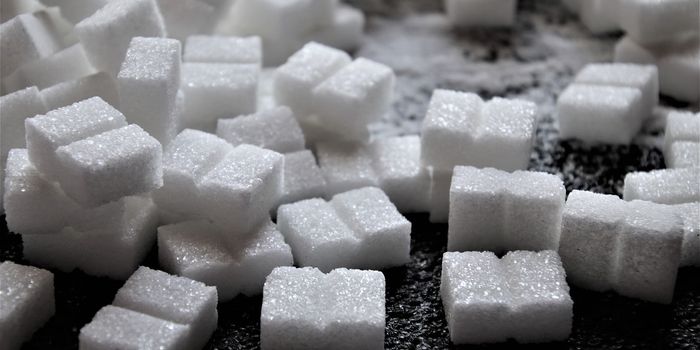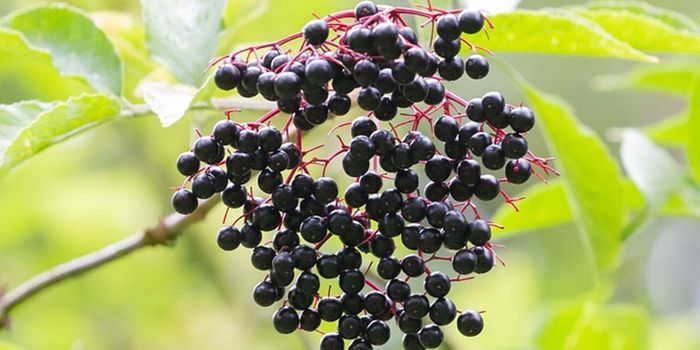DASH Diet Successfully Lowers Blood Pressure for People with Hypertension
Two diets that independently lower blood pressure have a greater synergistic effect on blood pressure when combined. From Johns Hopkins Medicine, researchers show how combining a low-sodium diet and the DASH diet can lower blood pressure just as well as - maybe better than - existing prescription drugs.
The DASH diet, or “Dietary Approaches to Stop Hypertension,” promotes eating fruits, vegetables, and whole grains, as well as low-fat or fat-free dairy, fish, poultry, beans, seeds and nuts. DASH is promoted by the National Heart, Lung, and Blood Institute and the American Heart Association.
Johns Hopkins researchers, in a study published in the Journal of the American College of Cardiology, praise the combination diet for lowering systolic blood pressure, the “120” in the usually considered normal blood pressure reading of 120/80, with the bottom number being diastolic blood pressure. Plus, the higher a person’s initial blood pressure, the more they seem to benefit from the combination low-salt/DASH diet.
“Dietary interventions are as effective as - or more effective than - antihypertensive drugs in those at highest risk for high blood pressure, and should be a routine first-line treatment option for such individuals," said Stephen Juraschek, MD. High blood pressure raises a person’s risk for cardiovascular disease, kidney disease, and stroke.
The study recruited 412 participants with systolic blood pressure between 120 and 159 but with no existing or previous heart disease or diabetes. Researchers compared the effect of the combined diet versus a control diet for 12 weeks. The control diet consisted of the “normal American diet,” which was determined by the “average macronutrient and micronutrient profile of the U.S. population.”
Participants were randomly fed low, medium, or high amounts of sodium per day. The maximum level of sodium recommended by the U.S. Food and Drug Administration (FDA) is one teaspoon of salt (100 mmol per day) or, in terms of the study, a “medium” amount. Consuming more than this recommended daily amount of sodium, according to experts, increases the risk of cardiovascular disease.
In comparison to a high-sodium control diet, participants on the combination diet with the highest initial blood pressure levels had the highest average reduction in systolic blood pressure at the end of the study. One participant who, at the start of the study, had systolic blood pressure above 150, had a remarkable average reduction of 21 mm Hg at the end of the study. Juraschek says this is “outstanding.”
"What we're observing from the combined dietary intervention is a reduction in systolic blood pressure as high as, if not greater than, that achieved with prescription drugs," explained senior study author Lawrence Appel, MD, MPH. "It's an important message to patients that they can get a lot of mileage out of adhering to a healthy and low-sodium diet."
Source: Johns Hopkins Medicine









